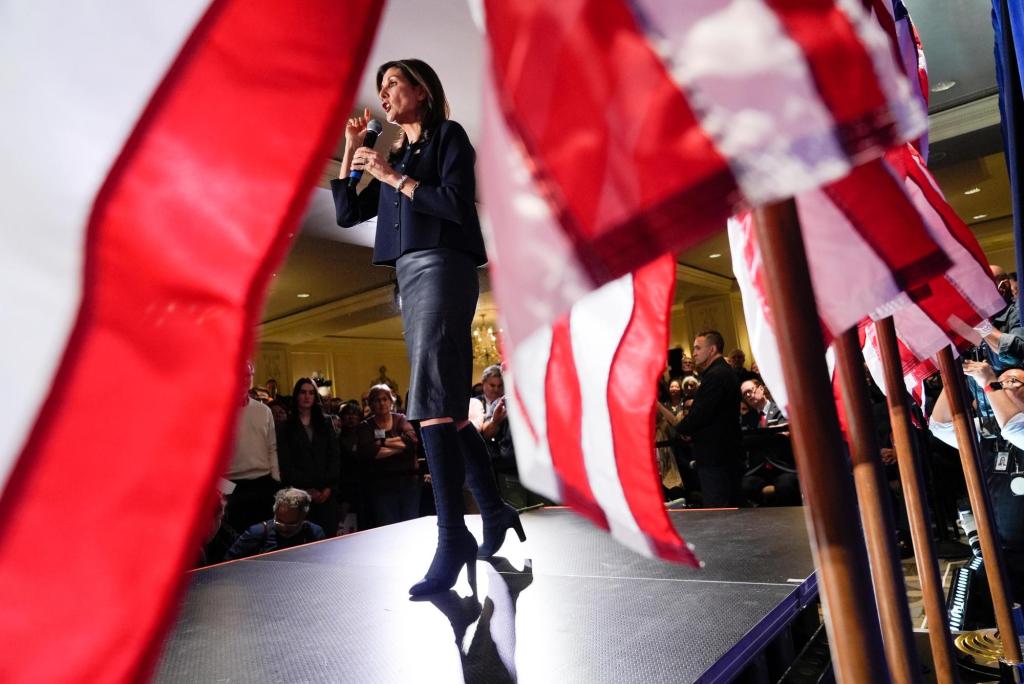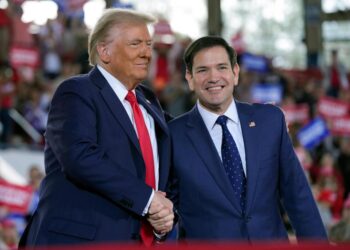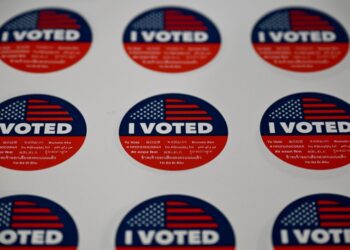By LAURIE KELLMAN (Associated Press)
WASHINGTON (AP) — A woman ascends toward the heights of American politics, with the nation’s top elected office — the presidency — looming far out of reach. A man at the bottom predicts, unhelpfully: “You’ll never make it, sister!”
Asked the Chicago Daily Tribune, in a 1922 editorial cartoon published two years after women won the right to vote: “How high will she go?”
More than a century later, that question remains stubbornly unanswered. Nikki Haley’s suspension Wednesday of her campaign for the GOP presidential nomination makes her the latest in a long line of women with presidential hopes to crash against the monolith of a man — in this case, Republican Donald Trump — in a nation founded on the concepts of equality and opportunity for all.
Without endorsing Trump, Haley withdrew from the contest with a shoutout to the women and girls who supported her, and by quoting a woman who did make it to the top in a democracy — Margaret Thatcher, Britain’s first female prime minister.
“’Never just follow the crowd,” Haley said, suggesting she’ll become a private citizen, for now. “Always make up your own mind.”
A PRECEDENT CONTINUES, WHETHER PEOPLE LIKE IT OR NOT
Polls show most Americans do not necessarily oppose electing a woman president, hypothetically. And this year, Haley notched some history: She’s the first woman to win a Republican presidential primary, in the District of Columbia; she also won in Vermont. Supporters and analysts say she may have developed a playbook for confronting the former president who dominates the Republican Party — and for running in the post-Trump era.
But once again, there’s no woman at the top of either party’s ticket. And the prospect of electing a woman president for the first time seems another four years off — again.
Haley’s exit from the presidential contest sets up a rematch few people want between two white men of…
Read the full article here







